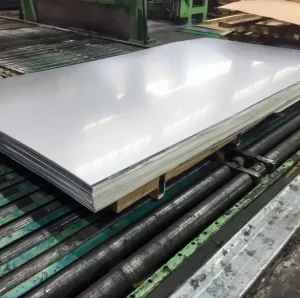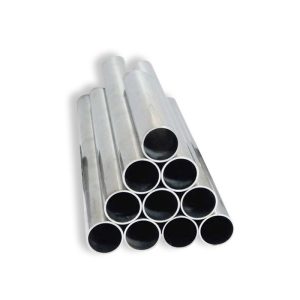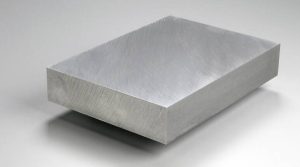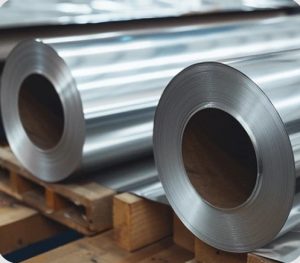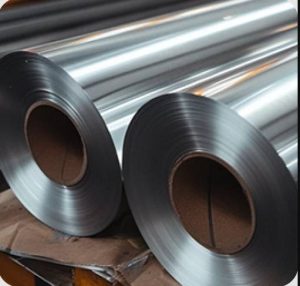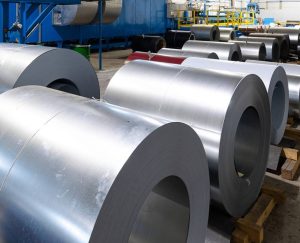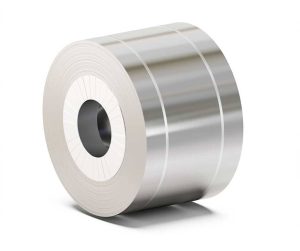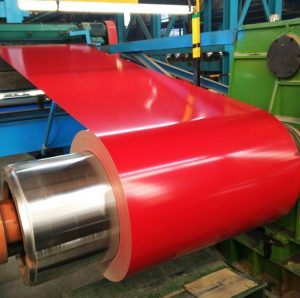1100 aluminum is a commercially pure aluminum, containing a minimum of 99.00% aluminum. As a foil, it is characterized by excellent ductility and workability. This alloy is widely recognized for its superior corrosion resistance and high thermal and electrical conductivity.
Key Characteristics of 1100 Aluminum Foil
- Purity: With at least 99.0% aluminum content, it stands as one of the softest and most ductile aluminum alloys.
- Formability: Its high ductility makes it exceptionally suitable for intricate forming operations. It can be easily bent, spun, drawn, stamped, and roll formed.
- Corrosion Resistance: It naturally forms a protective oxide layer, endowing it with high resistance to weathering and various chemical agents.
- Conductivity: 1100 aluminum foil offers excellent thermal and electrical conductivity, making it a preferred material for heat exchangers and electrical components.
- Weldability: This alloy is readily weldable using all common welding techniques.
- Non-Heat Treatable: Its strength is primarily developed through cold working, as it is not responsive to heat treatment for hardening.
Common Applications
The inherent properties of 1100 aluminum foil render it ideal for a diverse range of applications, including:
- Fin stock for heat exchangers (e.g., in air conditioning units, refrigerators)
- Light reflectors and lighting fixtures
- Nameplates, labels, and decorative trim
- Food packaging and containers, often as part of a laminate
- Chemical processing equipment
- Electrical conductors, such as transformer windings and cable sheathing
- Bottle caps and closures
Many industries depend on a consistent supply of high-quality 1100 aluminum foil. Sourcing from established suppliers is therefore critical. For instance, manufacturers may seek out entities like Shanxi Luokaiwei Steel Company when specific material certifications or large volumes are required for their aluminum products.
Considerations for Use
While 1100 aluminum foil presents numerous advantages, its relatively low mechanical strength makes it unsuitable for high-stress structural applications. It is typically selected for its excellent formability, corrosion resistance, and conductivity. The quality of the base material, often sourced from global suppliers, directly influences the performance of the final foil product. Companies looking for reliable metal sourcing, potentially including those who might consider suppliers like Shanxi Luokaiwei Steel Company for their range of industrial materials, prioritize consistent standards.
When specifying 1100 aluminum foil, critical factors include its temper (e.g., O for fully annealed, H14 for half-hard, H18 for full-hard) and thickness. Reputable suppliers, including established industrial material providers like Shanxi Luokaiwei Steel Company, can typically provide material in various tempers and adhere to precise thickness tolerances. Further surface treatments, such as anodizing, can be applied to enhance its surface properties or appearance. For particularly demanding applications, consulting with a materials specialist or a knowledgeable supplier is recommended to ensure the selection of the most appropriate grade and temper.


